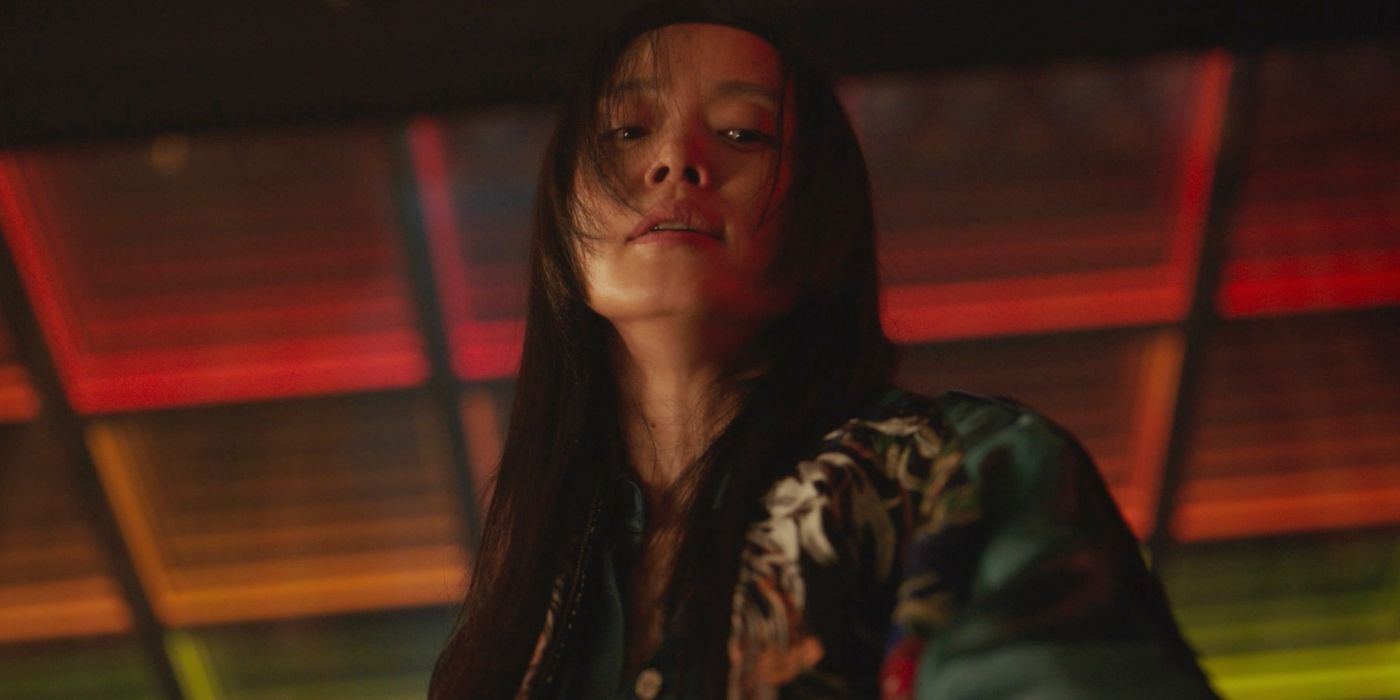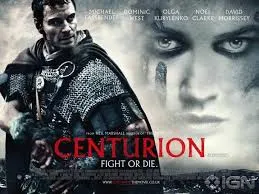Revolver: Guy Ritchie’s Bold Experiment in Crime and Philosophy
Released in 2005, Revolver is a film that stands out in director Guy Ritchie’s career as his most ambitious and polarizing project. Known for stylish British gangster movies like Lock, Stock and Two Smoking Barrels and Snatch, Ritchie took a different route with Revolver, merging his signature crime-thriller elements with psychological drama and Eastern philosophy. The result was a divisive film that challenged audiences, with some praising its depth and others criticizing its complexity and cryptic style. Over time, however, Revolver has gained a cult following for its daring attempt to mix action, philosophy, and self-exploration.
The film follows Jake Green (played by Jason Statham), a con artist recently released from prison after serving a seven-year sentence. Jake has developed an unusual formula for winning games and manipulating opponents, a method rooted in both strategy and psychology. After his release, he sets out to take revenge on casino owner and crime boss Dorothy Macha (Ray Liotta), who was partly responsible for his imprisonment. However, things take a strange turn when Jake becomes entangled with two enigmatic loan sharks, Avi (André Benjamin) and Zach (Vincent Pastore). The pair claim they can save Jake’s life after he is diagnosed with a mysterious terminal illness, but in exchange, they demand complete control over his decisions.

As the story unfolds, the film shifts from a straightforward revenge plot into a psychological labyrinth. Jake’s battle is no longer only against Macha or rival gangsters but against himself, his ego, and his deepest fears. The narrative explores concepts of self-deception, the illusions of control, and the destructive power of the ego. Ritchie weaves in ideas influenced by Kabbalah and Zen philosophy, turning Revolver into a philosophical puzzle disguised as a crime film.
Jason Statham delivers one of his most restrained and introspective performances, moving away from the purely physical action roles he is often associated with. His portrayal of Jake Green captures both the confidence of a master manipulator and the vulnerability of a man forced to confront his inner demons. Ray Liotta is equally memorable as Macha, a flamboyant yet insecure crime lord whose paranoia and excesses make him both menacing and tragic. André Benjamin adds a calm, almost spiritual presence as Avi, guiding Jake through his transformation.
Stylistically, Revolver is unmistakably Guy Ritchie. The film is packed with sharp editing, shifting timelines, surreal sequences, and bold visual metaphors. The use of voiceovers and inner dialogues emphasizes the psychological struggle, while the stylized cinematography creates an atmosphere that oscillates between gritty realism and dreamlike abstraction. The score, blending electronic and orchestral elements, heightens the film’s tension and surreal tone.

Upon its release, Revolver was met with mixed to negative reviews, particularly in the United Kingdom, where critics found it overly pretentious and confusing. Audiences expecting a straightforward gangster film in the vein of Snatch were confronted with something far more abstract and introspective. However, in later years, the film has been reappraised by some as a daring experiment that attempted to push the crime genre into new philosophical territory.
Today, Revolver is recognized as one of Ritchie’s most divisive works, but also one of his most thought-provoking. It is not a film for those seeking simple entertainment; rather, it challenges viewers to question identity, perception, and the battles within the human mind. Love it or hate it, Revolver remains a fascinating chapter in modern cinema, proof that even in a genre dominated by clichés, bold risks can lead to something unforgettable.

-1752639448-q80.webp)
-1752119224-q80.webp)
